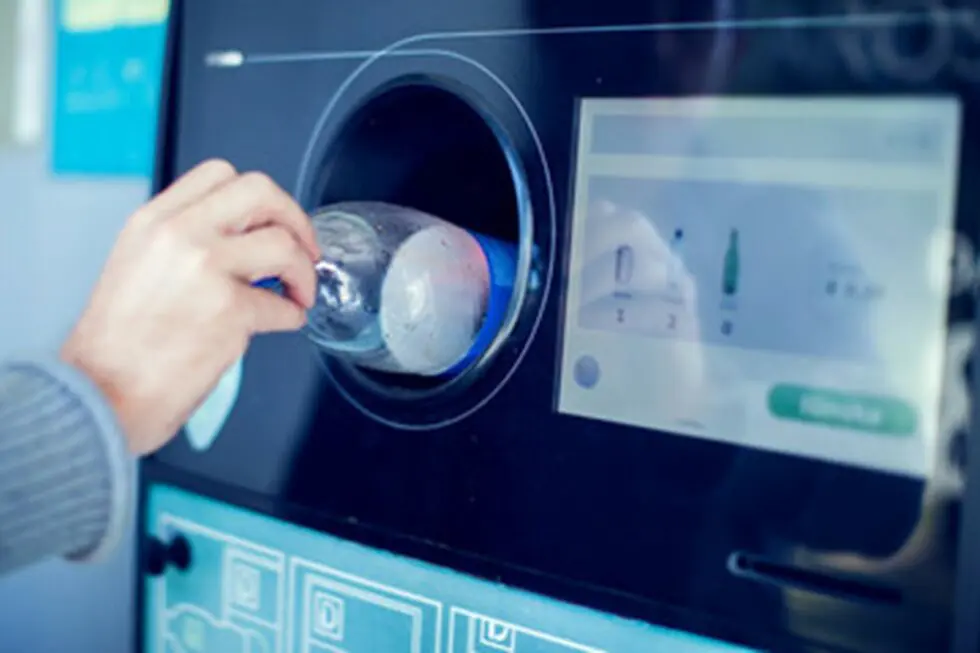The Governments of England, Wales and Northern Ireland have today set out their plans to introduce a Deposit Return Scheme (DRS) for drinks containers from October 2025.
The scheme is designed to tackle litter and increase recycling rates, and will require consumers to pay a small cash deposit on every plastic bottle or aluminium can they purchase from supermarkets, cafes and restaurants, or online retailers, refundable when they return their empty container for recycling.
Broadly speaking, the introduction of DRS in England, Wales, and Northern Ireland will be coordinated and aligned, and the Government’s intention is for the schemes to be interoperable. But there are some nuances; for instance, the Welsh scheme will include glass, where as England and Northern Ireland won’t.
Detail on the scheme after such a long wait (the consultation closed in June 2021) will provide businesses with some clarity on the path forwards, but questions still remain about the overall effectiveness of a deposit return scheme to tackle litter and increase recycling rates.
The Government says that a DRS will “provide a simple and effective system across the country that helps people reduce litter and recycle more easily, even when on the move.” But there have been concerns that the Government is targeting its efforts at the wrong materials, and that the scheme will not be responsive enough to future needs.
Plastic bottles are already pretty recyclable and recycled. Stats from the British Plastics Federation show that, while 100% of councils collect plastic bottles, only 61% of plastic bottles are actually collected for recycling. Corners of industry have said that the Government would be better off investing in better kerbside collection to ensure that these materials are able to be better collected from people’s homes. As it stands, from 2025, consumers will be asked to extract bottles and cans from their household waste stream and take them down to a reverse vending machine in order to get their deposits back. So will the public care enough about getting that 20p back to do this, or will it just get considered essentially price inflation?
And how will this change be communicated to the public – whose uptake this whole thing relies on – to make sure it works? Especially given the additional changes to kerbside collections on the way.
Some experts say a deposit return scheme would be better targeted at materials where there is no obvious end market. When I spoke to Dr Adam Read, President of the Chartered Institute for Waste Management, for my podcast Green Shoots, he told me that a DRS for more difficult-to-recycle products like batteries or mattresses would better incentivise consumers and help drive up recycling rates.
So, plenty of challenges remain. But the good news for business is that there is still plenty of time to get the scheme right before 2025, and the Government will hope to allay industry concerns as it consults with businesses over the next two years.
For more information, or if you would like any advice on how to engage with the Government on waste and resources, get in touch with Jack Spriggs: jack.spriggs@cavendishadvocacy.com



